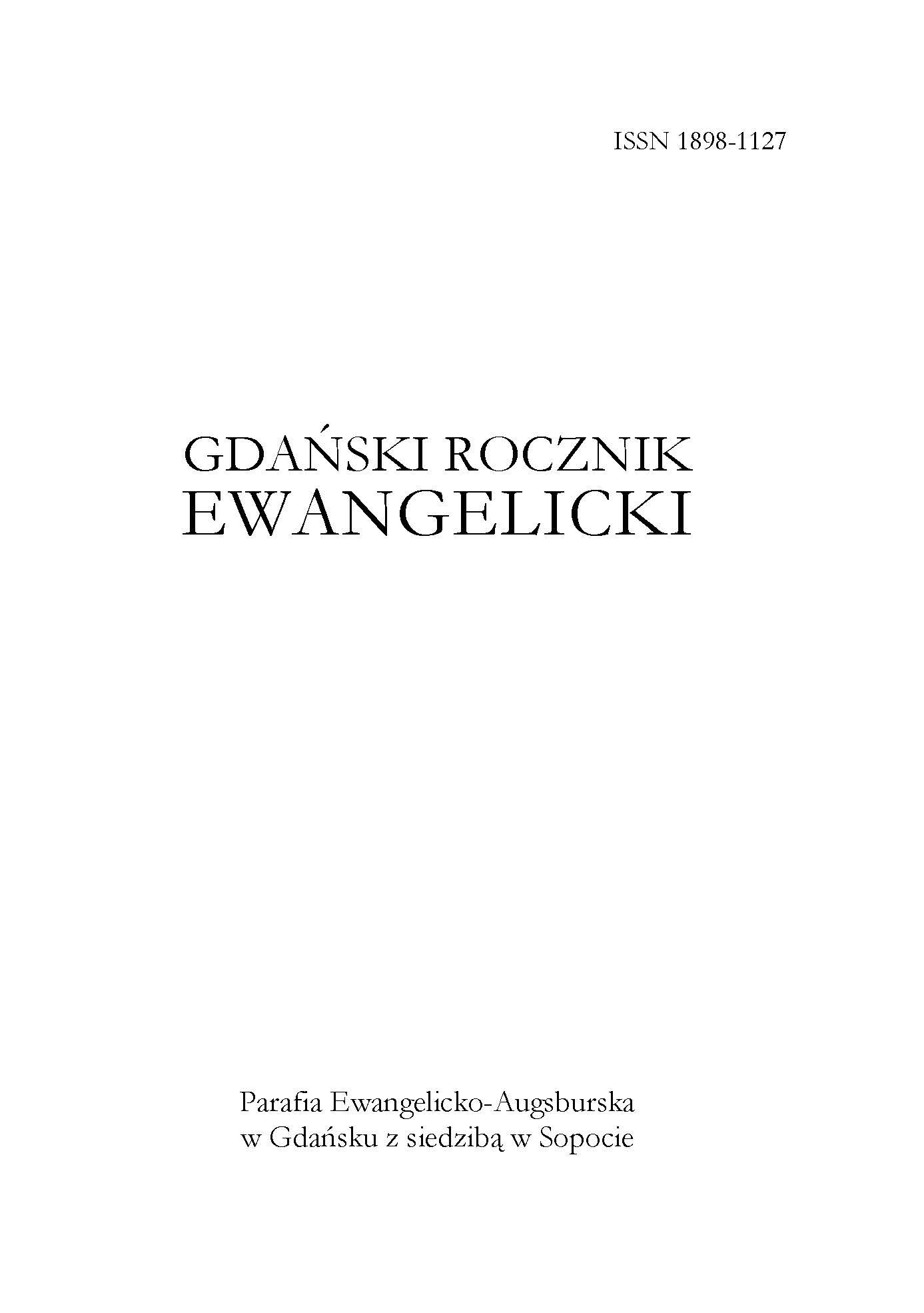Wpływ ewangelicyzmu na gospodarkę – rola zaufania
The influence of the Protestantism on economic effectiveness. The role of trust
Author(s): Juliusz GardawskiSubject(s): Christian Theology and Religion, History, Economy, History of Church(es), Theology and Religion, Business Ethics
Published by: Parafia Ewangelicko-Augsburska (Luterańska) w Gdańsku-Sopocie
Keywords: Protestantism; trust; social capital;economic effectiveness;
Summary/Abstract: The essay is dedicated to the influence of the Protestantism on economic effectiveness. According to the well-known Max Weber’s thesis the Christian culture was of crucial significance for the incremental creation of the market economy principles. In turn the Protestantism formed fundamental background for „modern rational capitalism”. Richard Swedberg, famous economic sociologist, following Max Weber, pointed out three factors bound up with Protestantism that had an impact on modern capitalism. Firstly, Dr Martin Luther stressed that the calling of man is the everyday solid work. Secondly, Jean Calvin defined economic success as the proof of the grace of Lord. Thirdly, American Protestantism demands absolute obedience to the commandments and honest behaviour towards other people. The diligence, activity and honesty were the source of trust among people (today defined as a component of „social capital”). The main thesis of the essay focused on the role of Protestant inspiration in forming trust as the source of contemporary economic effectiveness. Sociological research (among others conducted by Ronald Inglehard) proved that relatively high level of trust (especially „bridging social capital”) is a vital feature of highly developed economies of the Protestant countries. However, it should be stressed that there exists no simple cause-effect relationship between these two phenomena. Rather, they are aspects of a complex correlation network.
Journal: Gdański Rocznik Ewangelicki
- Issue Year: 2017
- Issue No: 11
- Page Range: 88-106
- Page Count: 19
- Language: Polish

